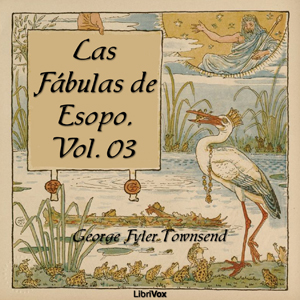- Note and Preface
- First Evening Featuring The Tale of The Buffalo and The Field-Mouse
- Second Evening Featuring The Tale of The Frogs and The Crane
- Third Evening Featuring The Tale of The Eagle and The Beaver
- Fourth Evening Featuring The Tale of The War Party
- Fifth Evening Featuring The Tale of The Falcon and The Duck
- Sixth Evening Featuring The Tale of The Raccoon and The Bee-Tree
- Seventh Evening Featuring The Tale of The Badger and The Bear
- Eighth Evening Featuring The Tale of The Good-Luck Token
- Ninth Evening Featuring The Tale of Enktomee and His Bundle of Songs
- Tenth Evening Featuring The Tale of Unktomee and The Elf
- Eleventh Evening Featuring The Tale of The Festival of The Little People
- Twelfth Evening Featuring The Tale of Eya and Devourer
- Thirteenth Evening Featuring The Tale of The Wars of Wa-Kee-Yan and Unk-Tay-Hee
- Fourteenth Evening Featuring The Tale of The Little Boy Man
- Fifteenth Evening Featuring The Tale of The Return of The Little Boy Man
- Sixteenth Evening Featuring The Tale of The First Battle
- Seventeenth Evening Featuring The Tale of The Beloved Sun
- Eighteenth Evening Featuring The Tale of Wood-Chopper and Berry-Picker
- Ninteenth Evening Featuring The Tale of The Son-In-Law
- Twentieth Evening Featuring The Tale of The Comrades
- Twenty-First Evening Featuring The Tale of The Laugh-Maker
- Twenty-Second Evening Featuring The Tale of The Runaways
- Twenty-Third Evening Featuring The Tale of The Girl Who Married The Sun
- Twenty-Fourth Evening Featuring The Tale of North Wind and Star Boy
- Twenty-Fifth Evening Featuring The Tale of The Ten Virgins
- Twenty-Sixth Evening Featuring The Tale of The Magic Arrows
- Twenty-Seventh Evening Featuring The Tale of The Ghost Wife
The collection illustrates the deep connection between the Sioux people and the natural world. Animals often serve as characters in these stories, and their behavior often reflects human qualities, which helps convey morals that are both culturally specific and universally relatable. The story of the Field-Mouse and Buffalo, for instance, highlights themes of humility, the dangers of arrogance, and the importance of respect for others—values that transcend time and culture.
"Wigwam Evenings" provides both a window into Sioux culture and timeless lessons that are relevant to readers of all backgrounds. The storytelling tradition showcased in this book remains a vital part of preserving Native American heritage while fostering a deep appreciation for nature and shared human values. (Summary by afutterer)
There are no reviews for this eBook.
There are no comments for this eBook.
You must log in to post a comment.
Log in











